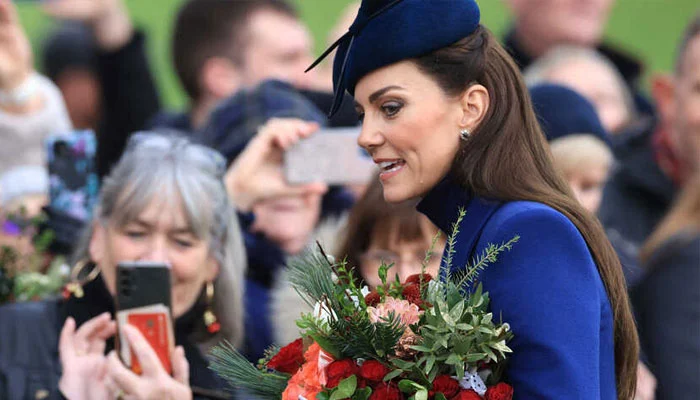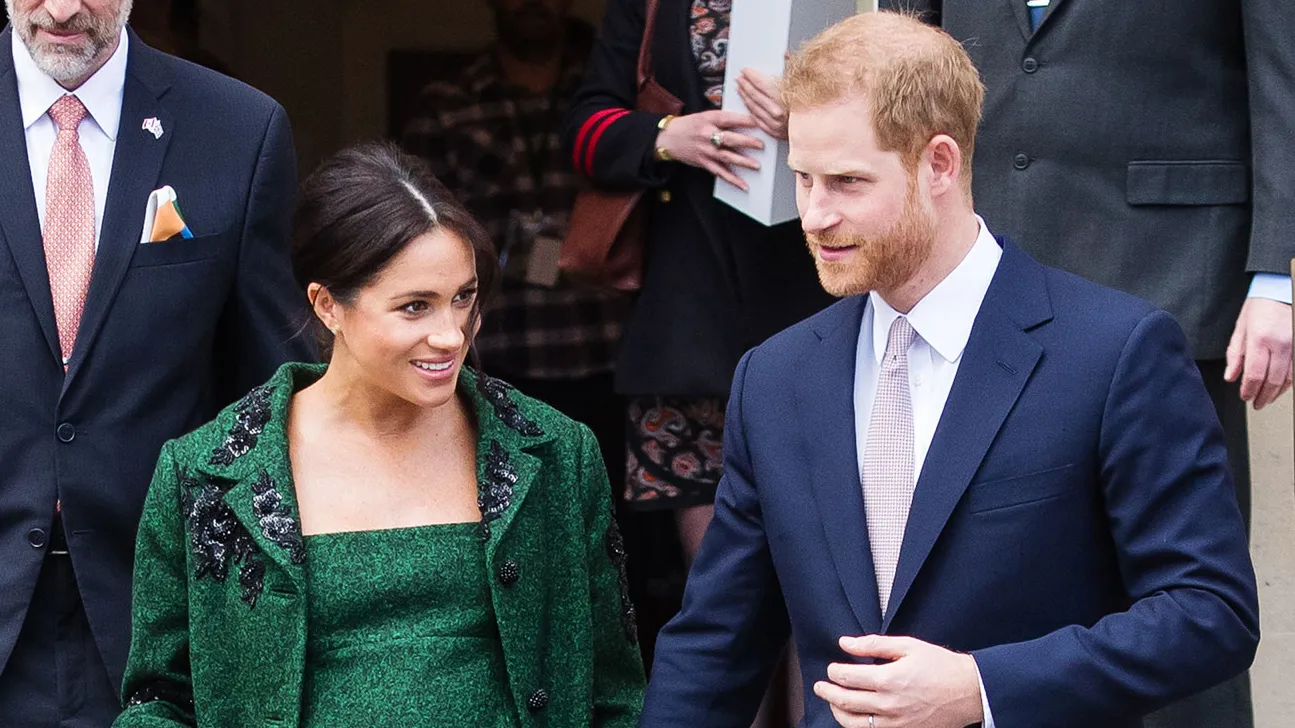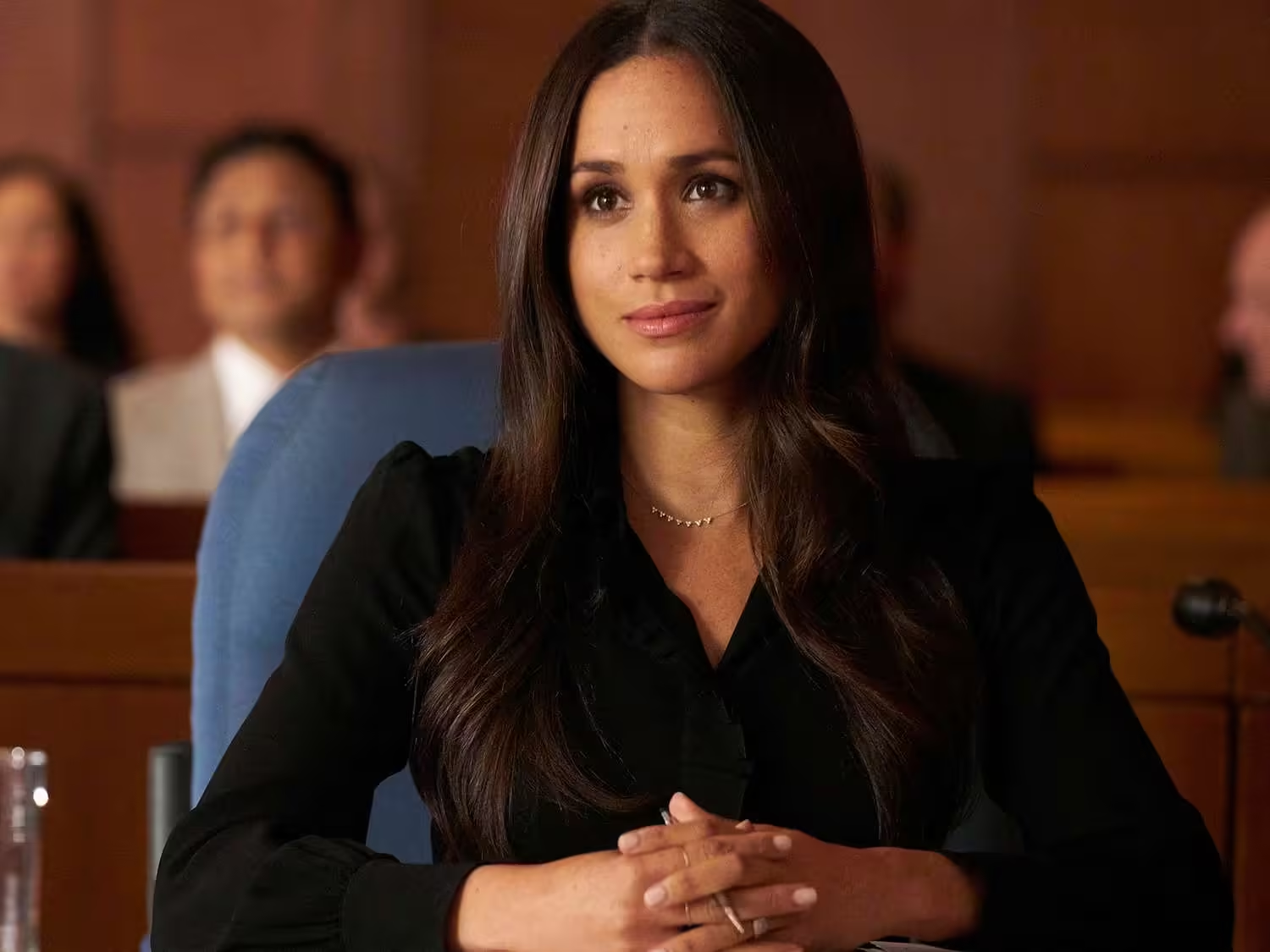Kate Middleton has recently been confronted with a stark admonition concerning what lies ahead, as she grapples with a surge of animosity directed towards her.Dr. Marin Farr, a distinguished Senior Lecturer in Contemporary British History at Newcastle University, shared his insights on this matter during a recent interview with the Daily Express US.
In his discourse, Dr. Farr shed light on the intricate workings of the monarchy’s public relations apparatus, acknowledging its efficacy in maintaining relevance. He remarked, “People exhibit a persistent desire for monarchy, and the machinery behind it is remarkably adept at sustaining its appeal.”
Reflecting on contemporary developments, Dr. Farr posed probing questions about the enduring legitimacy of hereditary monarchy and the peculiar circumstances surrounding Kate Middleton’s narrative.
Known for his penchant for historical context, Dr. Farr drew parallels with past eras to illuminate present-day phenomena. He notably referenced Queen Victoria’s era, underscoring how her prolonged period of mourning following Prince Albert’s demise contributed to the monarchy’s perception and continuity.
Dr. Farr emphasized the astute management of media relations as pivotal to the monarchy’s resilience, though he noted a shifting landscape where media compliance is less assured.
He underscored the monarchy’s adaptive nature, describing it as an entity that accumulates and sheds elements over time, with each transition marking a strategic evolution.
In conclusion, Dr. Farr underscored the monarchy’s enduring imperative to survive and adapt, affirming that its longevity hinges on its ability to navigate shifting societal currents and maintain relevance in an ever-evolving world.
Kate Middleton: Charting the Course to Future Queenship of England
As the wife of Prince William, Duke of Cambridge, and a prominent figure in the British royal family, Kate Middleton’s journey to potentially becoming the future Queen of England has garnered significant attention and speculation. While the British monarchy operates within a framework of tradition and protocol, Middleton’s role as a modern royal has sparked conversations about the evolving nature of the monarchy and the expectations placed upon its members.
At the heart of the discussion is the question: Will Kate Middleton ascend to the throne as Queen consort when Prince William eventually becomes King? While the answer seems straightforward on the surface, delving into the complexities of royal succession reveals a multifaceted narrative.
Born Catherine Elizabeth Middleton on January 9, 1982, in Reading, England, Kate Middleton’s entry into the royal family marked a departure from tradition in some respects. Unlike previous generations of royals who typically married within aristocratic circles, Middleton was a commoner before her marriage to Prince William in 2011. This modern union symbolized a shift towards a more relatable and inclusive monarchy, resonating with the public and capturing global attention.
As Duchess of Cambridge, Middleton has embraced her role with grace and diligence, undertaking numerous royal duties and engagements. From championing causes related to mental health awareness to advocating for early childhood development, she has used her platform to make a positive impact on society. Middleton’s poise, elegance, and dedication have endeared her to both the British public and international audiences, enhancing the monarchy’s public image in the process.
Despite her significant contributions, Middleton’s path to queenship is not without challenges and uncertainties. The British monarchy follows a system of primogeniture, whereby the eldest son inherits the throne. In this case, Prince William, as the eldest son of Prince Charles, is next in line to succeed Queen Elizabeth II. Should Prince William ascend to the throne, Middleton would assume the title of Queen consort by virtue of her marriage to the King.
However, the prospect of Middleton becoming Queen consort raises intriguing questions about the role of women in the monarchy and the evolving dynamics of royal succession. In recent years, there has been growing discourse surrounding gender equality and the possibility of changing succession laws to allow for equal inheritance regardless of gender. While such reforms have yet to materialize, the conversation underscores broader societal shifts towards greater inclusivity and gender parity.
Furthermore, Middleton’s journey to queenship is also influenced by the public’s perception of her and her suitability for the role. Throughout her time in the spotlight, Middleton has navigated intense media scrutiny and public scrutiny with grace and resilience. Her ability to balance her royal duties with her role as a wife and mother has earned her widespread admiration and respect. However, the pressures of royal life can be immense, and Middleton’s every move is subject to intense scrutiny and analysis.
As the British monarchy continues to adapt to changing times, Middleton’s future as a potential Queen consort remains a topic of fascination and speculation. While tradition and protocol dictate certain aspects of royal succession, Middleton’s unique qualities and contributions may shape her role in unforeseen ways. Whether she ascends to the throne as Queen consort or continues to serve as a prominent member of the royal family, Middleton’s impact on the monarchy is undeniable, embodying the spirit of a modern royal for a new era.


